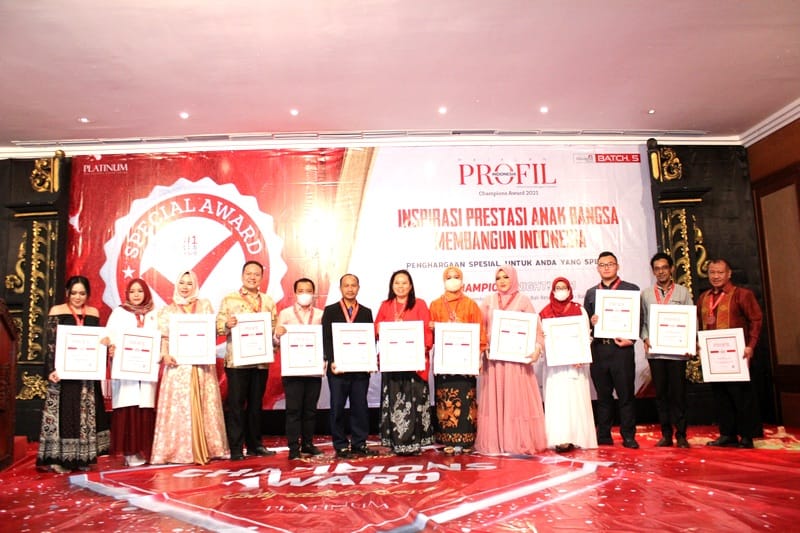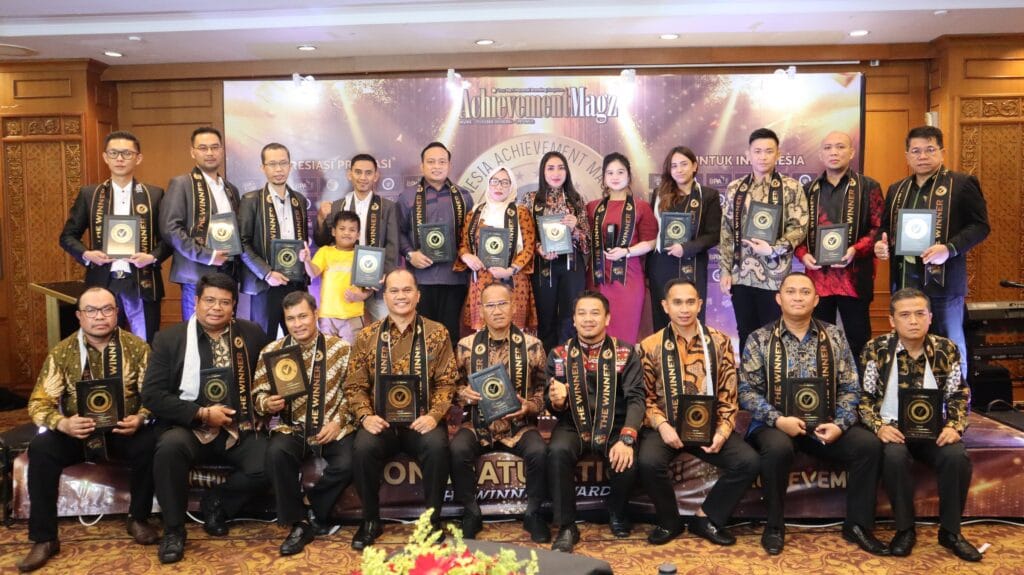Kuala Lumpur, Malaysia — Timor-Leste is set to officially join the Association of Southeast Asian Nations (ASEAN) as its 11th member, a milestone that carries implications far beyond the small nation’s borders. For Dili, the move promises deeper integration into Southeast Asia’s economic and diplomatic frameworks. For the region, however, it introduces a new variable into the delicate balance of power between the United States and China.
As Southeast Asia’s only full democracy, Timor-Leste brings a distinct voice to ASEAN’s consensus-driven decision-making. Its strong advocacy for international law and maritime security resonates with countries wary of Beijing’s assertive tactics in the South China Sea. President José Ramos-Horta has repeatedly emphasized that international law is not an abstraction for his nation, but the very foundation of its independence and sovereignty.
This orientation could subtly tilt ASEAN’s internal dynamics. While the bloc has long sought neutrality, the addition of a member openly aligned with principles of a “free and open Indo-Pacific” may embolden states that prefer closer alignment with Washington’s strategic vision. For the United States, Timor-Leste’s entry offers an opportunity to strengthen its foothold in a region where influence is increasingly contested.
China, meanwhile, faces a more complex environment. Although Beijing has invested heavily in Southeast Asia through trade and infrastructure, the presence of a new member state less receptive to its authoritarian model could complicate efforts to shape ASEAN’s agenda. Analysts suggest that Beijing may respond with intensified diplomatic outreach and economic incentives to ensure Timor-Leste does not drift too far into Washington’s orbit.
For ASEAN itself, the expansion underscores both opportunity and challenge. On one hand, Timor-Leste’s membership enhances the bloc’s legitimacy as a truly regional organization. On the other, it raises questions about whether ASEAN can maintain unity amid growing external pressures. The bloc’s ability to balance inclusivity with cohesion will be tested as it navigates disputes in the South China Sea and broader Indo-Pacific rivalries.
Observers note that Timor-Leste’s accession is not a dramatic shift but a gradual recalibration. Its influence will be felt most in shaping narratives around democracy, rule of law, and maritime security—issues that resonate across Southeast Asia but often clash with Beijing’s preferences.
Ultimately, the entry of Timor-Leste into ASEAN is less about numbers and more about symbolism. It signals that even small states can alter the strategic calculus of great powers, and that the future of Asia’s regional order will be shaped not only by giants, but also by voices determined to uphold principles of sovereignty and law.








